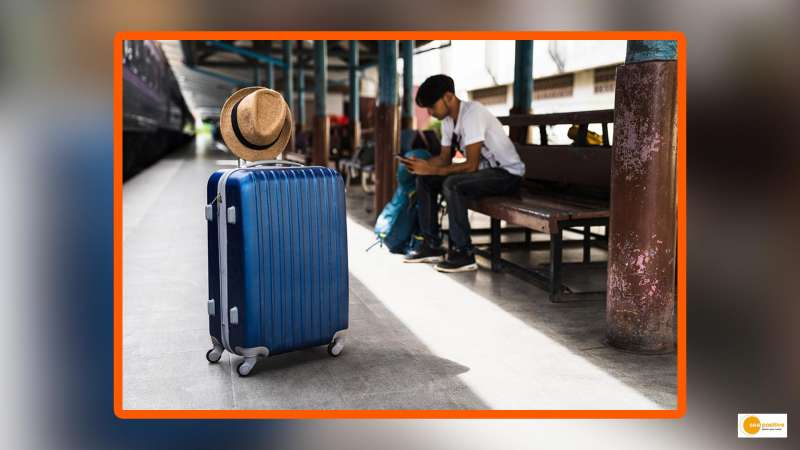

It’s common to see passengers travelling in trains with excess baggage. However, did you know that, similar to airlines, there is a cap on the amount of free luggage a person can bring on trains? The passengers travelling with excess luggage than the permitted limit will have to pay a fine.
The passengers, who need to travel with luggage exceeding the allowed limit for their class, can book a slot in the brake van.
Luggage rules according to the coaches
As per the existing luggage rules the passengers travelling with a AC first class ticket are allowed to carry up to 70kg of luggage without any extra charge whereas for AC second class the cap is set at 50 kg. If you are travelling in AC three-tier Sleeper or AC Chair car compartments, you can carry up to 40 kg of luggage for free.
In the second class sleeper coaches, the allowed limit for luggage is 35 kg per passenger. Passengers also need to make sure that the length, thickness and width of the bags and parcels should not be more than 100 cm X 60 cm X 25 cm. If the luggage exceeds the set limit passengers will have to book a spot in the brake van to carry it.
In June, there were rumours that railways had changed the luggage rules. However, the Ministry of Railways denied the reports via a tweet and said that there were no such plans to change the luggage rules. The existing luggage rules have been in place for over 10 year now.
Indian Railways increased the limit for booking tickets with one ID
Meanwhile, Indian Railways recently increased the limit for booking tickets with one ID on IRCTC website. Earlier a maximum of six tickets could be booked in a month from an IRCTC ID that did not have an Aadhaar linked to it. With IDs linked to Aadhaar 12 tickets could be booked in a month. However, as per the new rules, 24 and 12 tickets can be booked from IDs linked and not linked with Aadhaar, respectively.


